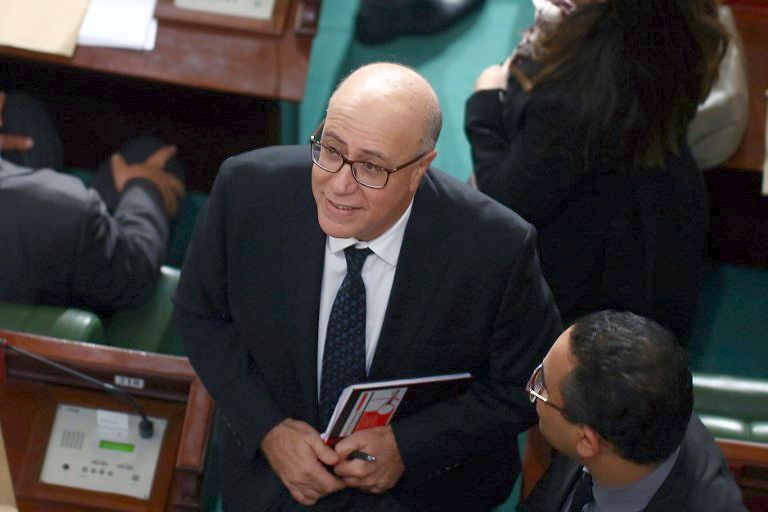São Paulo – The Central Bank of Tunisia governor Marouane El Abassi (picture above) believes the inflation in the Arab country will be below 7% – between 6.8-6.9% – by the end of this year. He made the statement this Wednesday (20), one day after the financial institution raise the key interest rate from 6.75% to 7.75% in order to hold down the inflationary pressure.
The increase in the interest rate is recurrent measure by central banks of countries to inhibit the price increases, since higher interests reduce the availability of loans in the market, so the less heated consumption results in an inflation decrease. The story was published in Tunis Afrique Press (TAP).
According to the Tunisian agency, El Abassi said a a press conference that if the key interest rate was not revised, the inflation rate in the country would reach double digits. In January, the annual inflation in Tunisia stood at 7.1%, after reaching 7.5% in December. In June last year, it reached its highest peak since the 1990s, at 7.8%.
The increase in the key interests is the third within a year, since March 2018. The rate was then increased from 5% to 5.75%. Later, in June, it increased from 5.75% to 6.75%. Last year, the International Monetary Fund (IMF) called a meeting with the Tunisian government to take measures to counter the record inflation levels.
After increasing the rates this Tuesday, the Central Bank published a press release stating that maintaining the inflationary pressures represent a risk to the economy. The business sector did not take the news well. The Tunisian Union of Industry, Trade and Handicrafts (UTICA, acronym in French) published a press release stating that the increase will raise the credit cost for the companies.
Translated by Guilherme Miranda




